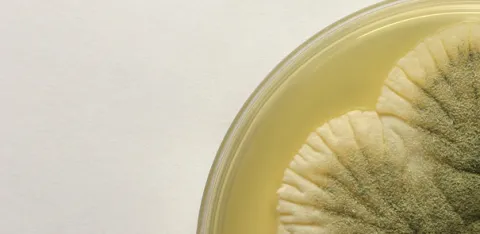Science Toolkit

"The most wonderful discovery by scientists is science itself."
-- Jacob Bronowski
Welcome to the Science Toolkit home page at the University of Lethbridge. The resources you can access from this page include notes, examples and exercises designed to help students develop and test hypotheses, and to write up their results in the form of a research paper.
Access the Science Toolkit here (new window)
Rationale
Mark Twain once noted that: "Everybody talks about the weather, but nobody does anything about it." A science student might be tempted to rewrite this as: "Every professor talks about the scientific method, but nobody teaches it." Using the scientific method and communicating scientific results are often skills students are expected to "pick up along the way." These pages are intended as a partial remedy for this problem. They are intended primarily for students in the biological sciences, but most of the information applies equally well to other scientific disciplines (the social sciences use somewhat different writing conventions).
Using the resources
The resources are divided into two main categories -- the scientific method, and science writing. Each category is further divided into a series of topics (and sometimes subtopics). You can work your way through the resources from beginning to end as an informal course in "Science 101" or browse for help with specific topics using the navigation bar at the lower left of the screen (using the back and forward buttons doesn't work well since the pages use frames). Main topics have boldface buttons, while subtopics do not. Related topics are also linked, providing a quick way to hop back and forth. Many topics have examples or exercises associated with them. These can be reached through the buttons at the bottom of pages. To aid those looking for specific topics, there is now a Site Map outlining all the main topics, and a hot-linked Index. Both can be accessed from the navigation bar on this home page.
Other resources include a Glossary of terms used in the notes, and a Reference section listing works consulted constructing these pages, and others which may be of use to students in the biological sciences.
Printing
Hopefully, you will find using these resources online a quick and convenient way to access the information, but if you do want a printed copy of a specific exercise, pages can be printed out using the print function on your browser (typically under the FILE menu).
Acknowledgments
Technical and layout support in developing these resources was provided by the John Kometz and other staff of the University of Lethbridge Curriculum Re-Development Centre. Karen Zanewich and Ralph Cartar provided useful ideas for the contents of the pages. Funding to develop these pages was provided by grants from the University of Lethbridge Teaching Development Fund, and the Dean of Arts and Sciences. The Science Toolkit was developed by Mike Robinson; it is dedicated to his memory. The contents are copyright, so please do not republish any material without permission.
